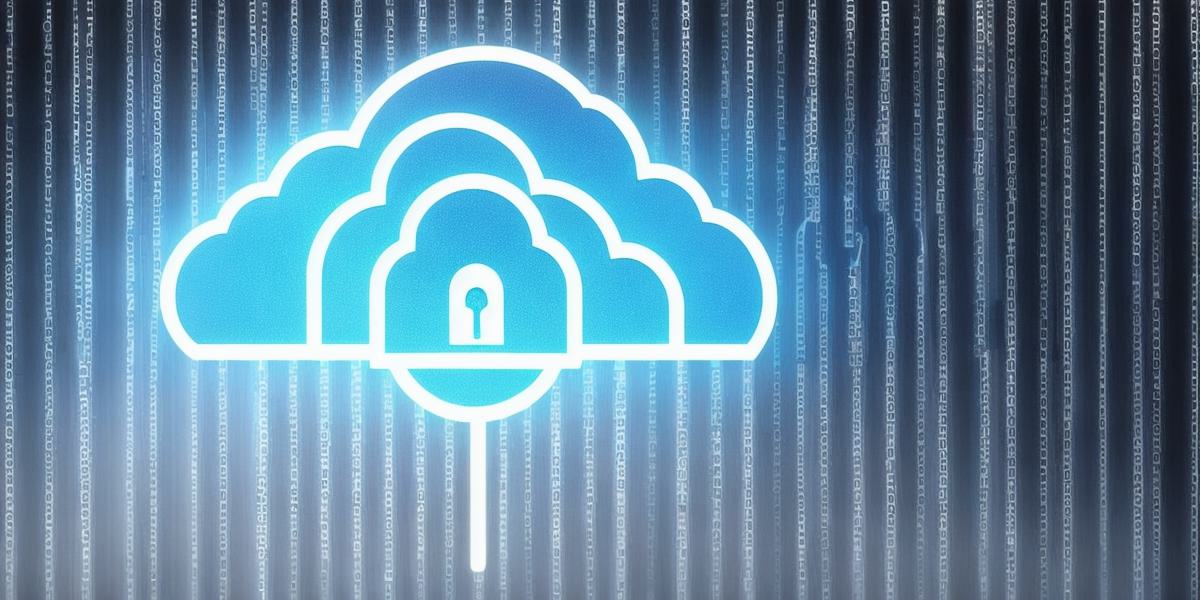Are Cloud Servers Secure? Exploring Security Measures

Are you wondering if cloud servers are secure enough to use for your business or personal needs? In this article, we will explore the security measures in place to protect your data and applications on the cloud. We’ll also provide real-life examples of successful cloud server security breaches and how they were resolved.
Cloud computing has become an essential part of modern businesses. It provides cost-effective, scalable, and flexible infrastructure for storing and processing data. However, with its convenience comes potential security risks that must be addressed to ensure the protection of sensitive data.
Security Measures on Cloud Servers
- Encryption: Encryption is the process of converting data into a code that can only be deciphered by authorized users. This ensures that even if unauthorized users gain access to your data, they cannot read it without the decryption key. Cloud providers encrypt data both in transit and at rest using various encryption protocols like SSL/TLS, AES, and IPSec.
- Firewalls: Firewalls are essential for protecting cloud servers from unauthorized access. They act as a barrier between the internal network of the cloud provider and external networks, preventing unauthorized traffic from entering the server.
- Access Control: Cloud providers use access control mechanisms to restrict access to specific resources or applications on the server. This ensures that only authorized users can view or modify data.
- DDoS Protection: Cloud providers have advanced Distributed Denial of Service (DDoS) protection measures in place to prevent attacks that attempt to overload the server with traffic, rendering it unavailable to legitimate users.
- Monitoring and Reporting: Cloud providers use monitoring tools to detect any unusual activity on the server. They also provide detailed reporting on security events, which can help organizations identify potential security threats and take corrective action.
Real-life Examples of Cloud Server Security Breaches
- Equifax Data Breach (2017): In 2017, Equifax suffered a data breach that exposed sensitive information of over 143 million customers. The breach occurred due to a software vulnerability in their cloud-based application, which allowed attackers to gain unauthorized access to the server.
- Yahoo Data Breaches (2013-2015): In multiple data breaches between 2013 and 2015, Yahoo suffered significant damage to its reputation due to the exposure of sensitive user information like email addresses and passwords. The breaches were attributed to vulnerabilities in their cloud infrastructure.
Conclusion
Cloud servers can be secure if proper security measures are put in place. Encryption, firewalls, access control, DDoS protection, and monitoring and reporting are critical components of a robust cloud server security strategy. While cloud server breaches can occur, it’s essential to learn from them and implement better security practices to protect your data and applications on the cloud. As with any technology, it’s crucial to stay informed about new developments and threats in the field of cybersecurity.








